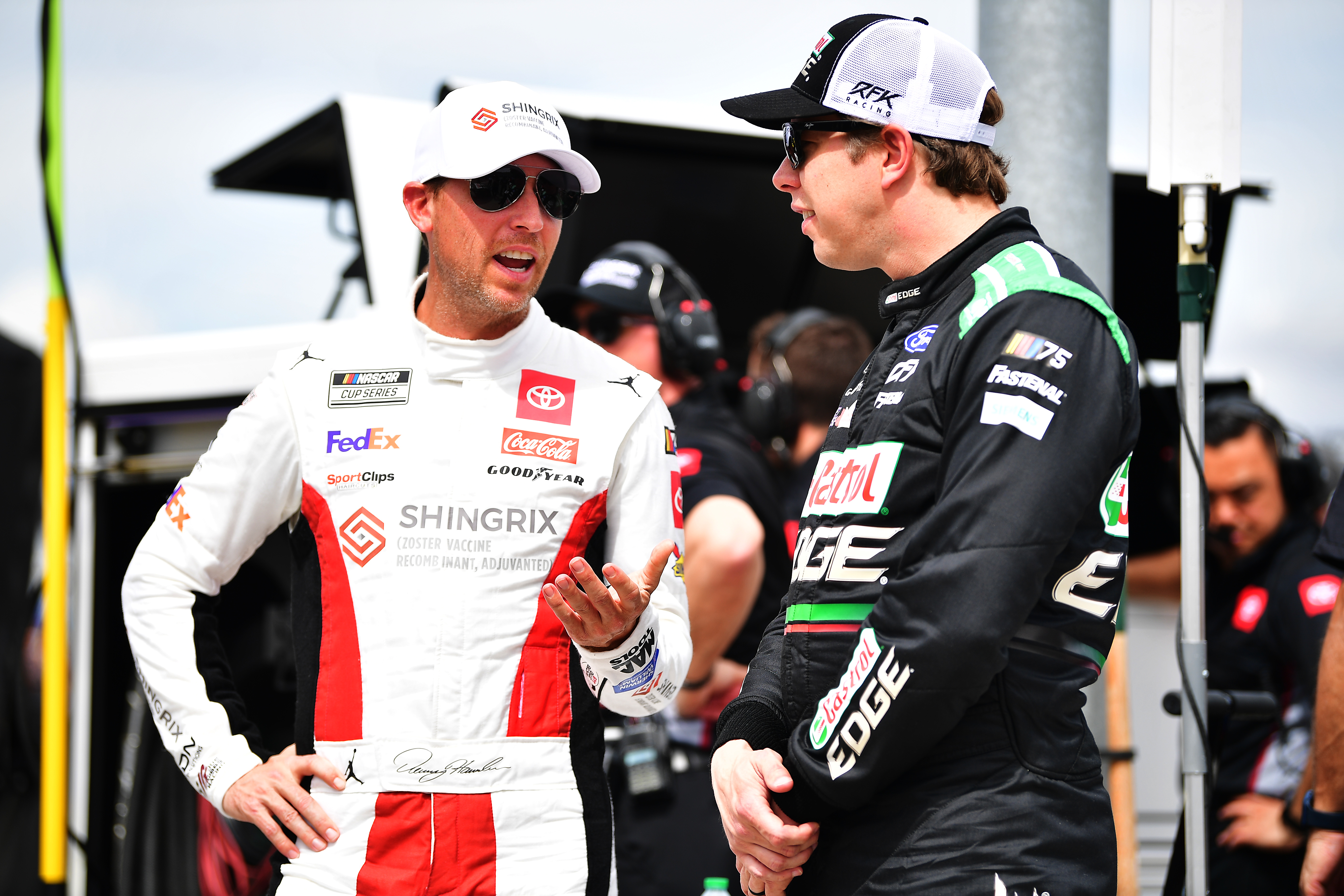One of the major stories of the past week, NASCAR and the teams that compete in the Cup Series have reached an impasse over terms for a new financial agreement between the two parties for the 2025 season and beyond.
As a refresher, the current charter system runs through the life of the current television rights agreement. The system governs how broadcast revenue is split between the sanctioning body, tracks and the 36 franchises.
While the charters provide automatic entry into every race, alongside four starting spots for non-franchised teams, the agreement also entitles those entries to what amounts to a revenue split with the series and tracks.
As a rule of thumb, 65 percent of the broadcast money goes to the tracks, 25 percent goes to the teams and 10 percent goes to NASCAR itself but when factoring in prize money, teams are believed to make somewhere around 39 percent of that revenue.
But the accounting of it all is part of the issue too as NASCAR and the teams are reported to have two different ways of calculating that revenue and can’t agree on what the current deal even looks like. NASCAR does not have access to the team’s books and vice versa.
The teams entered this process, which began roughly two years ago, wanting at least half of the next broadcast rights revenue and the Sports Business Journal says NASCAR’s most recent offer was somewhere around 42 percent.
NASCAR want teams to accept a salary cap, which would mean it would have access to the team’s financial records, but then the teams would want NASCAR to do the same, to have greater confidence in what it is asking from the league.
This season is the third season using a single source supplied spec car, meaning that every component has to be purchased through a NASCAR approved vendor, and teams are no longer spending money to research and development their own.
But NASCAR has also said teams could stand to cut more cost and that is something the teams have rejected over the past year.
There are a lot of other factors, that can be detailed here and here, but the short version is that the deadline to reach a new agreement passed at the end of last year and an agreed upon extension passed at the end of January.
How the NASCAR charter system works
This means teams are now free to explore starting their own Stock Car racing series or running it collectively under a different governing body. Theoretically, if the Saudi Public Investment Fund wanted to get into the Stock Car racing game, the teams would be free to talk to such an entity.
That’s just a theoretical example but it’s permissible now that the deadline and extension has passed. If a new agreement isn’t reached before the end of this calendar year, NASCAR could then repossess all the charters, that now have a value of at least $40 million on the open market and do whatever it wanted moving forward.
Ultimately and objectively, the teams need the legacy and brand viability of NASCAR but the sanctioning body also needs the star power associated with the teams and its drivers.
Negotiating on behalf of the Race Team Alliance is the Team Negotiating Committee comprised of Joe Gibbs Racing President Dave Alpern, RFK Racing President Steve Newmark, 23XI Racing investor Curtis Polk and Hendrick Motorsports Vice Chair Jeff Gordon.
Neither the teams nor sanctioning body is currently commenting publicly on the matter but both Brad Keselowski and Denny Hamlin, active drivers who co-own RFK Racing and 23XI Racing respectively addressed the topic briefly when asked about it over the weekend prior to the Busch Clash at the Los Angeles Memorial Coliseum.
“The good thing about the charter negotiations is the reality is we don’t have to have anything done until February of 2025, which is a year almost exactly from today,” Keselowski said. “Obviously, you always want to get those things done sooner rather than later because of the ramifications they can have to everybody, but there’s quite a bit of time.
“I think there’s a lot of work to be done to get everybody to come together, but I’m still optimistic.”
Hamlin said that the stories written over the past several days are all accurate and that is where things stand.
“I don’t know that much progress has been made, but it has all kind of been stated in articles this week where everything stands, and everything is pretty accurate,” Hamlin said.
And while most everyone in the industry expects an agreement to come together, it now becomes a distraction to the racing product, as this narrative will persist until a deal reaches or time on the clock expires.
Matt Weaver is a Motorsports Insider for Sportsnaut. Follow him on Twitter.

